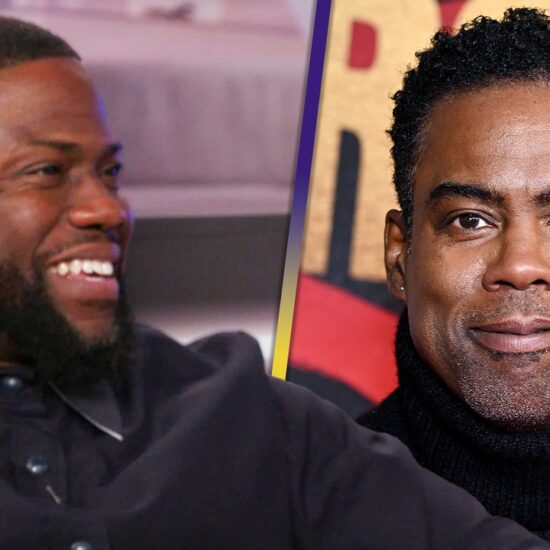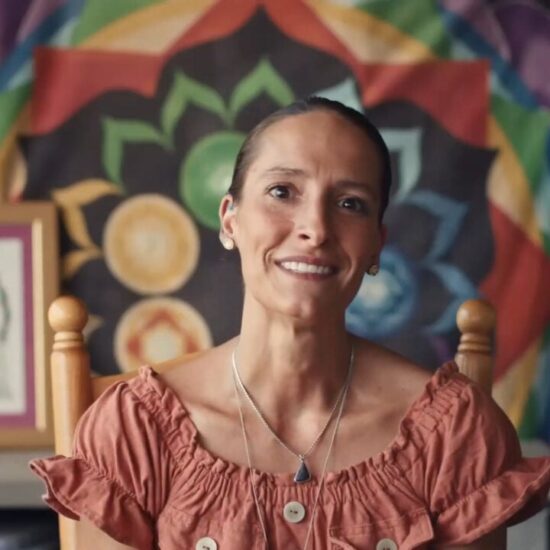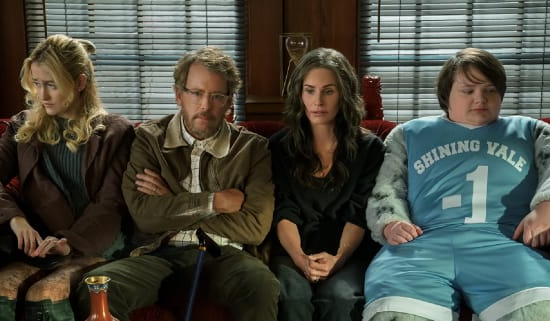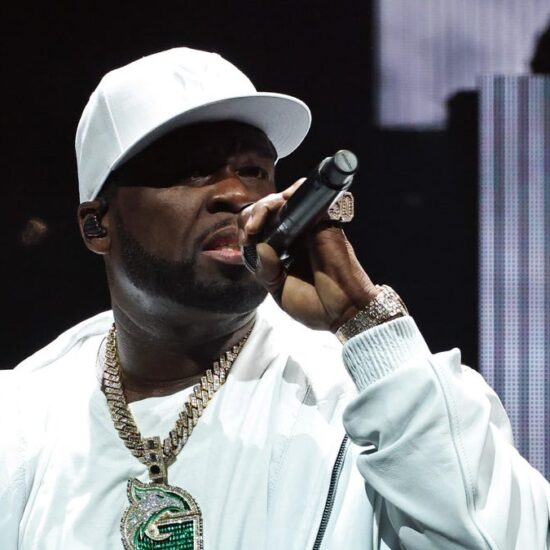
Chris Smith’s HBO docuseries about Richard Branson doesn’t shy away from controversies involving his spaceflight company Virgin Galactic, bid for U.K. government support of Virgin Atlantic during the pandemic or the paradoxes around the airline’s eco-messaging. But for the most part, “Branson” concentrates on all that the tycoon has accomplished in his 72 years.
Shortly before Branson became the first passenger to reach space in his own spacecraft last year, the business magnate sat down with Smith (“Sr.,” “Bad Vegan”) to reflect on the benefits and drawbacks of being a lifelong daredevil.
“It’s important if you lead a full life to share,” says Branson, founder of the Virgin Group. “It’s important for your children, your grandchildren, and your great-grandchildren. And it’s important for other people who may want to get inspired.”
While Smith’s team had been sorting through archival footage of Branson in preparation to make docuseries long before the historic July 2021 flight, it took the billionaire’s trip to space to convince the veteran helmer that the four-part series was worth undertaking.
“I was dancing around getting involved until June of 2021,” Smith says. “When I figured out that Richard was going up in space in a couple of weeks, it was the first time that, for me, the project had a reason to exist because I wasn’t so interested in just doing a straight profile. To me, there was something interesting about somebody telling their life story before they go on this space mission.”
“Branson” features candid interviews with the tycoon, his family members, business associates, and journalists, as well as decades of archival and home video footage, which all serve to reveal the ups and downs of a man driven by risk-taking in both his business and personal life.
Conveniently, the series is debuting just a week after Branson released an updated version of his 2017 autobiography “Finding My Virginity.” Variety spoke with Branson and Smith about final cut, handling criticism and asking questions about touchy subjects.
Richard, what made Chris the right director for this project?
Branson: Chris has a tremendous reputation. We knew that we would be giving up the right to say, “We really don’t like this or that,” but we just felt that we wanted a tough, good, strong, look at (me and my family’s) lives. Chris seems to have delivered on that.
So, Chris, you had final cut?
Smith: Yes.
Richard, you gave Chris an all-access pass to not only your life but also your private British Virgin Island, which you call home. Was that daunting?
Branson: It’s a risk taking in an independent director who you don’t know. I must admit, after the first four hours of being interviewed, I wondered whether Chris was going to make a documentary that was more to do with, say, enhancing his reputation as an investigative journalist or whether it was going to be a fair documentary. But the end result was that he dealt with the criticisms and gave me the chance to respond, and that makes for a better documentary series.
Chris, this is the third docu that you directed that has been released this year. You have got a lot on your plate. What made you want to take on this series?
Smith: I was personally curious about Richard. I was curious about what I could take away from (his story) and how it would affect my life — what I could learn. I feel like with anyone that you spend time with you have things that you take away that hopefully will make your life better.
You relied heavily on archival footage that covers Richard’s various escapades and achievements, including a 2014 training session for Virgin Galactic’s mission to space, his 1980’s transoceanic boat and balloon challenges, and even his stint as a teenage publisher of a student magazine in the 1960s. Did you know before getting involved with the project that all of this archival material existed?
Smith: I knew that some existed, but it was just incredible to see that so many important milestones and beats were covered in an amazing fashion. From a documentary filmmaker’s point of view, it was the ultimate dream.
You filmed extensively at Richard’s house on the British Virgin Islands. Was anything off-limits?
Smith: No. Nothing was nothing off limits. We could go wherever we wanted; we could film whenever we wanted. No one ever said there were ground rules. So, we just imposed and were as annoying as we possibly could be.
The fourth episode of the series delves into recent criticism Richard received about the controversial bid from Virgin Atlantic to obtain government support for the airline during the COVID-19 pandemic. Was that as awkward an interview as it appeared to be?
Smith: We could have made an entire episode on just that. It was hard one to condense because we were limited to four episodes. So, we really tried to focus on the adventure side [of Richard] and the family throughline, but we obviously wanted to cover everything. So, yeah, [that part of the interview] wasn’t pleasant.
Richard, was it hard to listen to the critical comments made in the series about you and your various endeavors?
Branson: I’ve lived a long life, and you’re going to get criticism, and sometimes that criticism is justified, and sometimes it is completely wrong. I think this documentary gives both sides of the story. The people who are watching it can judge.
One critic in the series, says that your effort to democratize space is essentially bogus. Was there a part of you that wanted to make this docu to prove critics wrong about your space goals?
Branson: No. We weren’t making it to address any criticism. If you look back on my life, I don’t think I had that much criticism until the time this documentary film happened to turn up, which was right in the middle of COVID. They [the crew] came at a time that was a really tough time, and we were just in all the wrong businesses, and we were facing potential catastrophe in a lot of our companies. That made for a more interesting documentary, but that was just a coincidence. It wasn’t preplanned or anything like that.
“Branson” debuts Dec. 1 on HBO.













